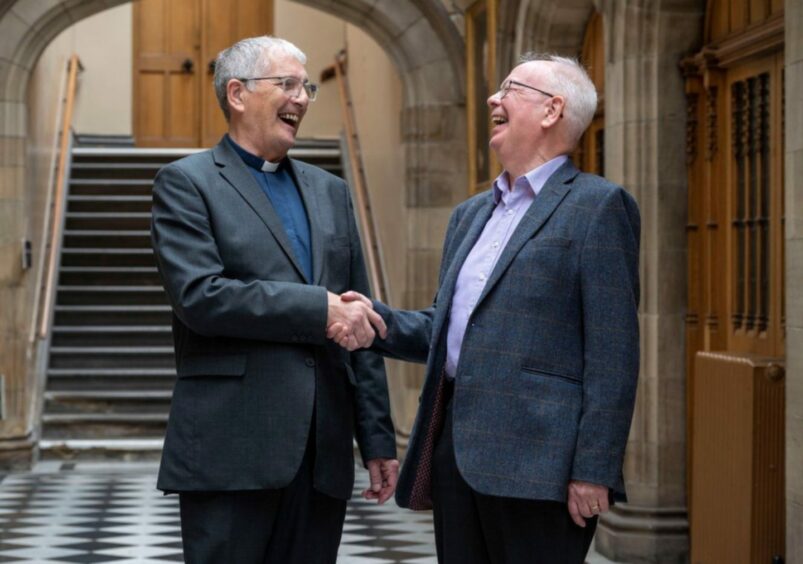The General Assembly of the Church of Scotland was first held in 1560, the year of the Scottish Reformation.
Over the centuries it has been a central pillar of Kirk life in Scotland, allowing for debate on key issues and providing clarity to clergy on matters of policy.
Yesterday, almost half a millennia on from its inception, that forum agreed to allow its ministers to conduct same-sex marriages within its walls.
Given how far gay rights have come in recent decades, the Kirk’s decision might seem worthy of little more than a shrug of the shoulders.
But it is far more momentous than that.
This is an organisation which provides succour and moral direction to hundreds of thousands of Scots every single week.
Its positioning on subjects such as this matters.
If the move to allow clergy to conduct gay marriages is indicative of a new, more inclusive phase in the life of the Church of Scotland, then that is to be welcomed.
Church of Scotland must now act on gay marriage vote
There will be those within the Kirk – and without – who will rue the Assembly’s decision.
Some will view it as a betrayal of doctrine.
Others will challenge it on personal grounds.
But great change such as this is never easy.
Indeed he did, as we did. #ecumenism #loveislove https://t.co/asmZpJyzI9
— Scott Rennie (@scottmrennie) May 23, 2022
And if the Kirk is to remain relevant for the next 500 years it must properly reflect the society it ministers to.
It must also use its significant influence to heal division and end the marginalisation of different communities within that society.
The Assembly vote was a step along that road and the Kirk – which only confirmed its first openly gay minister less than 20 years ago – deserves praise for taking it.
It now must walk the walk of tolerance and show there is real substance to the bold, enlightened and compassionate stance it has adopted.












Conversation